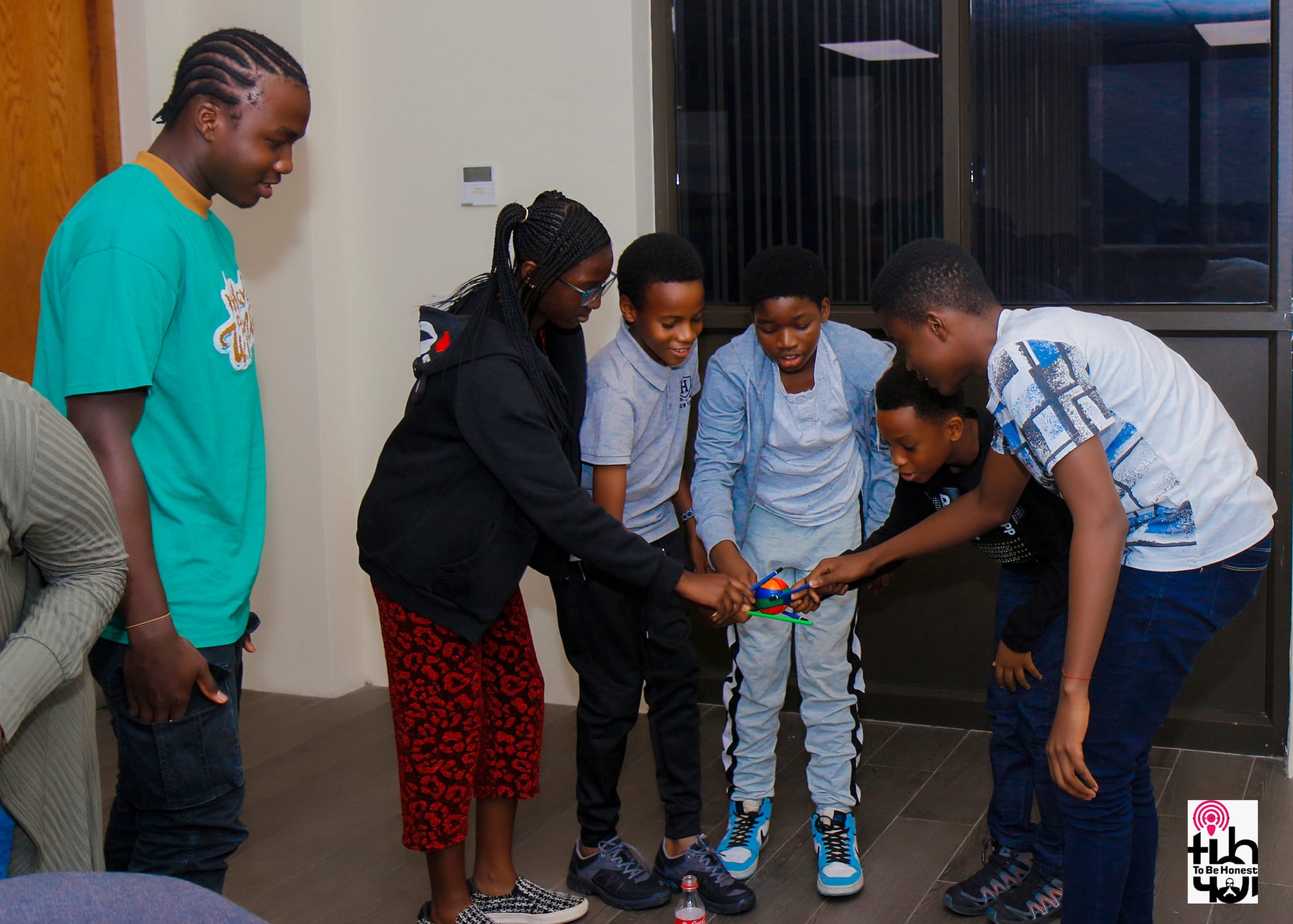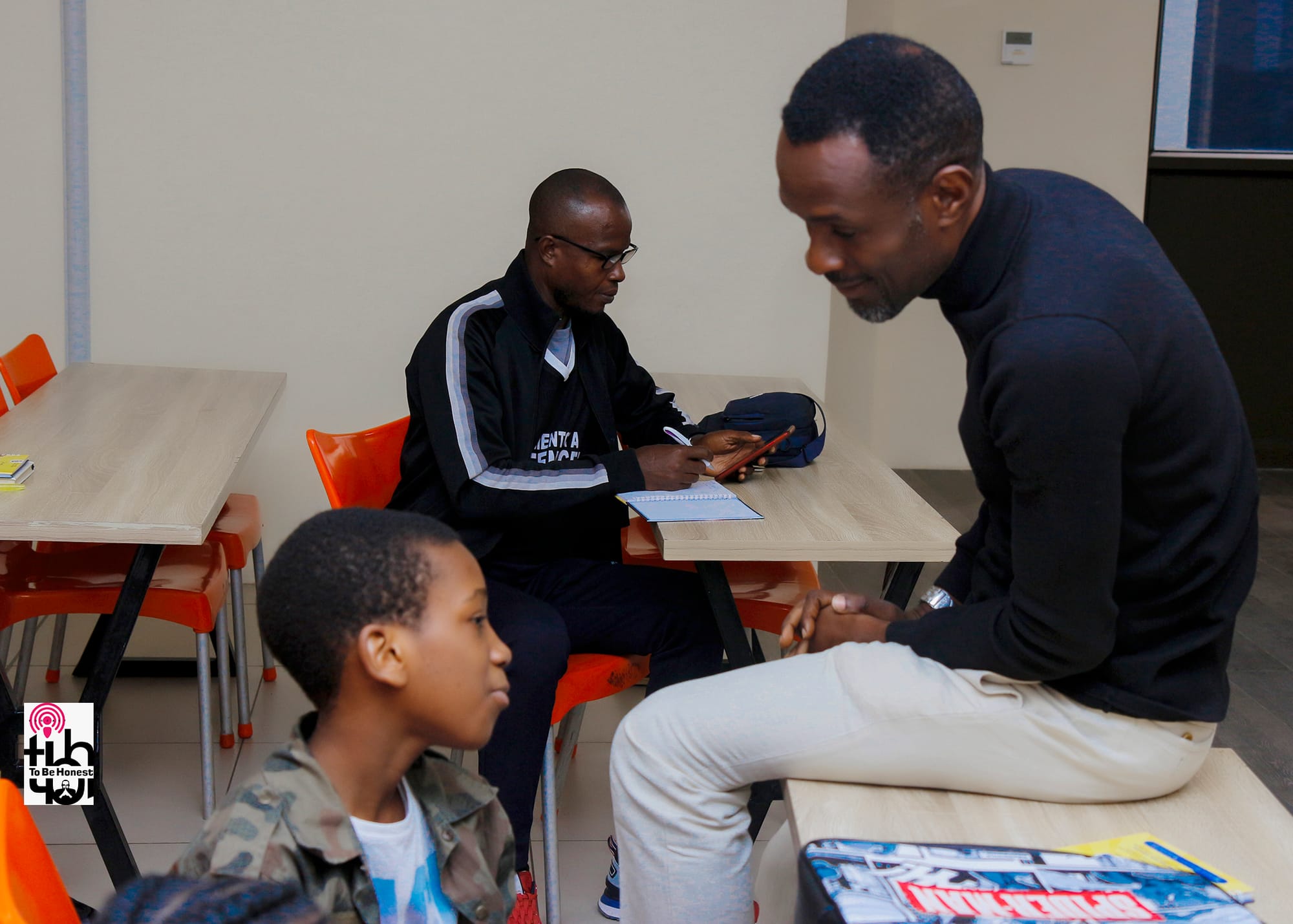Overcoming Negativity Bias in Parenting Teens

Research shows that we are biased toward processing threat-based information. Negative information captures our attention, thinking, and memory much more powerfully than does positive information. This concept is described by psychologists as “Negativity Bias.” For example, we feel the hurt of being reprimanded much more powerfully than we feel the joy of praise.
For parents of teens, this would mean that you see more of their negative behaviors, and it can be many if that is what you want to see. Each time you remind your teens of their unacceptable behaviors, without mentioning a good amount of their acceptable behaviors, you are doing more harm than good, and chances are your teens may not want to make the effort that is needed to change from the unacceptable behavior.
Dad and Daughter

I read an article where a dad was talking to his teen daughter who had just brought her school result home. The result she presented to her dad showed she had 7A, 3B, 2C.
Her father’s first reaction was:
“How come you got 2C”?
The girl’s immediate response was:
“Dad, can we please first talk about my 7A and 3b”? You can use your imagination to decipher the atmosphere.
Parenting Teens Today

Most times when I get a call from parents and they tell me the challenge they are having with their teens, after listening to them and I ask them to tell me all the good side of this your young champion, it becomes a struggle. It is possible this due to the human brain and its tendency to settle more at Negativity Bais, which in simple terms is the tendency to pay more attention to negative information than to positive information.
So when it comes to teens and parents conversations that centers around things such as arranging their rooms, doing household chores, doing their school home work on time, sticking to the agreed time to be online, video game, sports activities, socializing, dance group, drama class, the list can go on and on. Before going at your teens on what they are doing that you think is not right, can we try to first agree on what they are doing that is good and commendable and see how we can paint a big picture of this in our mind as their parents?
"Dwelling on the negative simply contributes to its power.”
Shirley MacLaine
First Be Happy That You Have Cup

“The cup is half empty, the cup is half full.”
The topic above always makes for an interesting debate irrespective of the angle the debaters are coming at it from.
But when it comes to parenting today’s teens, parents should look at starting their debate on this topic from the point of first we have a cup, if we are to outgrow the tendency of unconsciously falling deep into negativity bias. When we start the debate from the fact that it is already a plus that we have a cup before attempting to debate the content of the cup, chances are, we are more likely to debate from the side of the cup is half full than from the side of the cup is half empty.
Try The 5:1 3:1 Ratio Approach

There is no one-size-fits-all approach to this kind of problem as every teenager and situation is uniquely different. However, training ourselves as parents to always first see the beauty in the fact that, first we have a cup, before we even start thinking of whether the cup is half empty of half full, changes our perspective and eventually our approach to the situation, which in this context is giving unpalatable feedback to our teens.
So, when next you want to give negative or unpalatable feedback to your teen, why not try the 5:1 or 3:1 ratio approach. This simply means start by showing them at least 3 to 5 things they are doing that makes you immensely proud of them, before sharing the 1 unpalatable feedback, asking them for their thoughts on how they can become better at it and the support they would want from you.
Please try this and do let me know if it works.
Thank you for reading as I leave you with this thought-provoking quote on negativity bias.
"There is a magnificent, beautiful, wonderful painting in front of you! It is intricate, detailed, a painstaking labor of devotion and love! The colors are like no other, they swim and leap, they trickle and embellish! And yet you choose to fixate your eyes on the small fly which has landed on it! Why do you do such a thing?" -- C. JoyBell
Chris Aluta
Teen Coach, Mentor and Management Consultant

